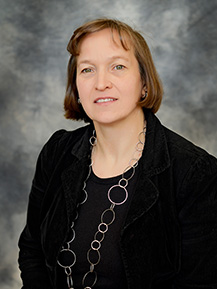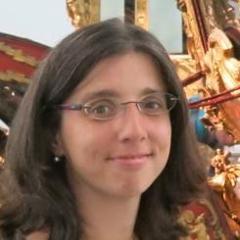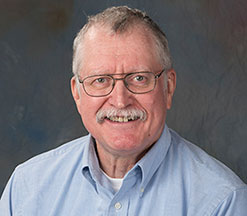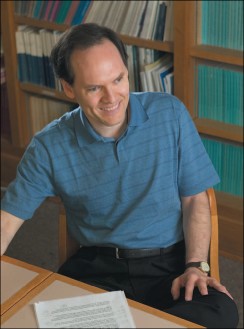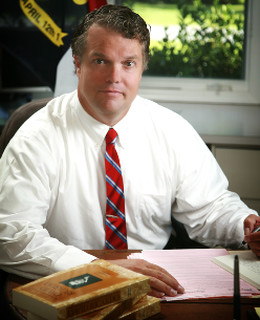
What's the biggest or most interesting mistake you have ever made as an economist, and was there a way to fix it?
I did an interview with a major newspaper about the costs of trade barriers. My work was a little out of date, and I said so (6 years out of date). But the newspaper person asked me what CURRENT costs were. So I just updated for inflation. I said I had only updated for inflation, but the reporter didn't really get it. This was in the early 1980s, when inflation was high. So the newspaper headline was "Costs of trade barriers has risen 22% in just six years!" But of course I had no evidence of that, that was all just the adjustment for constant dollars. The only way to fix that is to have better economic education.
In your opinion, what is the most important economic idea that most people have never heard of?
Opportunity cost. People don't understand it, even if they have heard of it.










